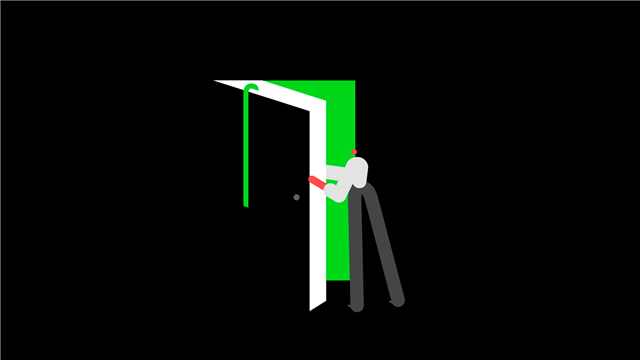[Here is part 2 of this series]
[DAVID] The best "specialists" do not demonstrate product features at the first (or even second) sitting. They do not 'show up & throw up' - crass, I know, but visual! Instead, they take the time to understand a company's issues first - what do they do & how they do it, day in, day out - and look to unpack the issues & inefficiencies. Once they know a bit more, with their understanding of the Sage CRM tool, they can highlight potential improvements. Then - and only then - do they talk about what features they could use (could be CRM, could be other tools) to help fix issues.
[JEFF] Sounds smart - and, to me at least - common sense. What else do the "good resellers" do?
[DAVID] I have also seen a few who "say no" quite early on - delaying any "show & tell", despite customer requests - to continue the "consultancy process." I remember one prospect session I attended - a pharmaceutical company in France - where we showed no software whatsoever! Instead - with the department heads in the room - we focused on issues & gaining buy-in for a full requirements analysis. It was quite an interesting day! Let me stop talking & flip to you: In 'first meetings' you have attended, do customers understand their own issues or, indeed, if something called "CRM" might help?
[JEFF] Most figure there must be software out there that could help. And, as a lot of our business comes Sage accounting customers who, after doing some research, call their partner and say, 'can you recommend anything?'
[DAVID]: How do 'good partners' talk about the value of Sage CRM & integrating it to accounts?
[JEFF]: They talk about how they could manage a customer "life-cycle" within Sage CRM - perhaps starting with the marketing features, then to sales & service features. That illustrates 'full-suite' benefits very quickly to everyone in the business. We both know this absolutely the right strategy - our specialists do this year on year - and our sales continue upward.
[JEFF]: Typically, what sort of people do they start their engagement with?
[DAVID]: I'd reckon it is senior management first. You need to be understanding their business, their people, their thoughts on systems investment, previous experience with CRM - things like that. That's a first meeting. Second & subsequent sessions are highlighting potential features that solve their issues + talking about project approaches
In the next part of this four-part series, Jeff & I muse how & where "CRM conversations" should go.


